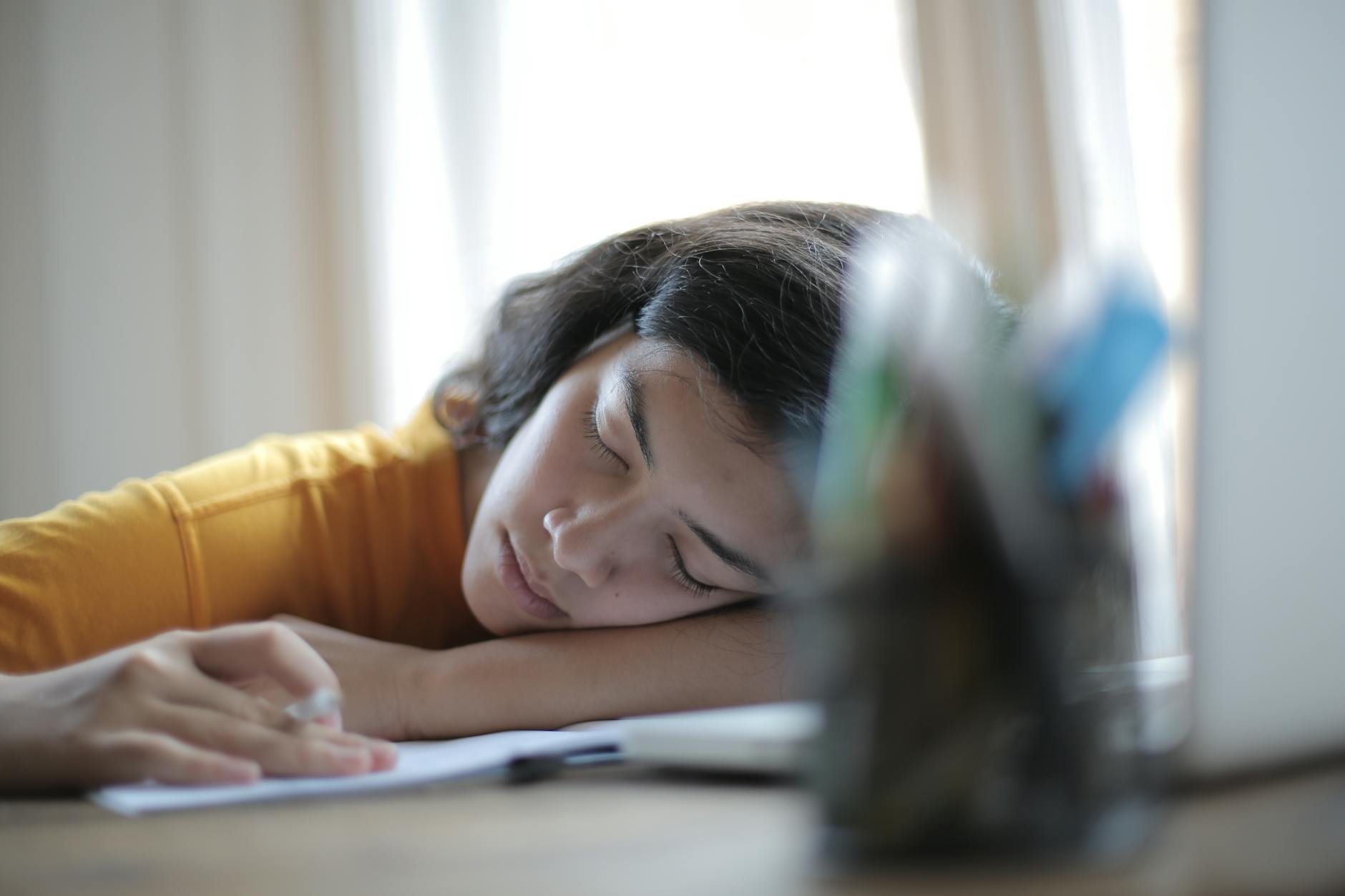
1 Big Question – Do I Have Autistic Burnout
I’ve been candid in previous posts about my struggles with fatigue. For at least 15 years I have struggled with feeling exhausted every minute of every day and it’s been a huge struggle. It’s not always the same, it ebbs and flows in its intensity, but it’s always there. Let’s take this post for example, I missed Wednesday’s post altogether and this post will be going up a day late.
I have had tests for thyroid levels, diabetes, sleep studies etc but I’ve never seen any improvement or explanation. It was eventually written off as post viral/chronic fatigue. I didn’t question it until now, when my sister sent me a video on autistic burnout.
Autistic Burnout? That’s A Bit Out Of Left Field!
You’re absolutely right, it is! Until very recently it never occurred to me for a second that I might be autistic, even though I have researched the condition extensively while trying to help Mike. Recently however my sister started attending therapy. Naturally, she talks about me as we are each a big part of each others’ lives. Jayne was surprised when her therapy said she strongly suspected I could be autistic just based on Jayne’s descriptions of me.
I was stunned as I had not yet discovered the big divergence in symptoms between autistic men and women. In fact, autism can present so differently in women that for a long time doctors believed it was a male only condition. Of course this led to many women struggling and not getting the help they needed.
Autism In Men
According to ADDitude magazine, these are the main symptoms of autism. A lot of these symptoms are based on how they present in boys and men.
- Difficulty interpreting what others are thinking or feeling
- Trouble interpreting facial expressions, body language, or social cues
- Difficulty regulating emotion
- Trouble keeping up a conversation
- Inflection that does not reflect feelings
- Difficulty maintaining the natural give-and-take of a conversation; prone to monologues on a favorite subject
- Tendency to engage in repetitive or routine behaviors
- Only participates in a restricted range of activities
- Strict consistency to daily routines; outbursts when changes occur
- Exhibiting strong, special interests
I’m not saying women do not exhibit any of these symptoms, just that they may present in a different way. Now, I wouldn’t have thought any of these things applied to me which is why autism never crossed my mind. SO, let’s take a look at the different ways ASD presents in women.
Autism (ASD) Differences In Women
Before I list the differences I feel like I need to explain two pieces of terminology.
Masking: This is when an autistic person tries to conceal or mask their differences from others. They try to act like other people do to fit in. This is very tiring.
Stimming: To self soothe a person with ASD may move their bodies in a certain way. This can include flapping their hands, rocking their body, jiggling their knees, repeating certain phrases, etc.
Masking In Women. In the vast majority of cases, parents raise girls differently to boys. It may be changing now but in the past girls were trained from birth to be sweet and pleasant, to smile, to make eye contact. They are literally trained to mask their autism.
Fewer Social Difficulties. I don’t know if women inherently feel a stronger need to have friends, if their masking makes it easier or both. However, women generally experience fewer issues making friends than men with autism do. This is 100% not true in my case but for many women it is.
More Socially Acceptable Stimming. Women also stim and sometimes it may be more noticeable, but sometimes it’s things that aren’t as noticeable like pacing, twirling their hair, biting their nails or nibbling on loose flakes of skin.
Obsessive Interests. Women can have the same all-consuming interests that men with autism have but in the case of women it may been the same things other girls or women like celebrities, animals and types of novels etc.
Inward vs Outward. Boys and men tend to externalise their distress and can be disruptive. Again, girls are taught to be “good” and so often they turn their distress inward. It manifests as depression, anxiety or extremes shyness. This is not something that may be visible to others so it can go unnoticed.

Autistic Burnout
I won’t go into why I believe I might be autistic, I may cover that in a future post. Instead, I want to talk about the focus of this post; autistic burnout. Here’s a definition from Autism Speaks:
“Navigating a world designed for neurotypical minds can present some unique challenges when your brain works differently than most. You might find yourself struggling with things that come easily to those around you. Over time, this can lead to what many autistic adults refer to as autistic burnout — a state of intense mental and sometimes physical exhaustion and loss of skills needed to manage daily life.”
During burnout life becomes more difficult. People with autism already struggle with things that others find easy and burnout makes it a lot worse. Let’s check my experience out against common symptoms.
- Excessive tiredness that does not improve with rest. Check
- Sleeping more or having trouble sleeping. Check
- Difficulty with skills such as speech and language, executive function, self-regulation. Possibly
- Heightened sensory sensitivity or need for more sensory input. Possible check. I want it to be quiet all the time.
- Increase in mental health issues like anxiety and depression. I suffer from depression. It’s hard to know the cause
- Withdrawing from your usual social activities or relationships.
- Difficulty with executive functioning, such as completing tasks and making decisions. Increase in repetitive behaviors, like stimming. Check. I fiddle with my hair a lot, sometimes flap my fingers. I make my husband decide what to make for dinner because I can’t face more decisions.
- Difficulty with activities of daily living like cooking, cleaning or personal hygiene. Check. Brushing my teeth is a particular struggle. I hate it.
- More frequent meltdowns. I’m a naturally irritable person. Hard to be sure.
- Spending more time alone than usual. Check. I want to be alone all the time.
I think the above demonstrates why I’m questioning if I do have autistic burnout. There’s a lot of things that make sense.
What Can I Do?
This is where it gets tricky. I’m not sure I have autism yet so figuring out why my triggers are and what makes me worse is difficult. Everything I’ve read suggests that the only way to combat autistic burnout is to stop doing things that drain your energy. I guess for now I need to I fall back on my old faithful – research. I can watch more videos on autism and decide whether to get a diagnosis. Even without, if I strongly suspect I have autism I can look into strategies to cope better going forward. So do I have autism and autistic burnout? Watch this space!






